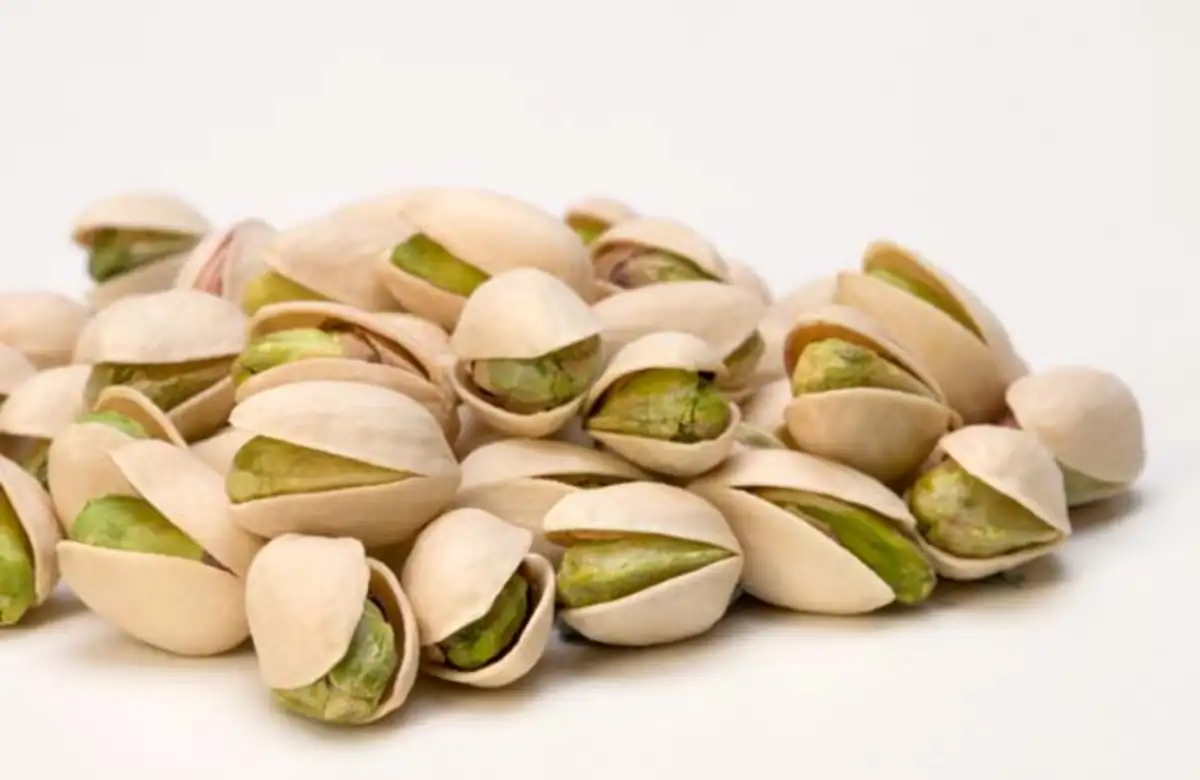
Diet For Bone Health Problems In Winter
The various activities we engage in throughout the day, whether it’s walking, running, sitting, dancing, or climbing stairs, place demands on our bones and joints. Winter can pose challenges to their health, especially for individuals dealing with conditions like arthritis.
It becomes crucial to prioritize the well-being of our bones and joints during this season. Vitamin D levels often decline in winter due to reduced natural sunlight exposure. Given the significance of Vitamin D in maintaining bone health, its diminished absorption from dietary sources during this period can contribute to the potential deterioration of bones and joints. It underscores the importance of proactive measures to support bone and joint health, particularly in the winter months.
Nutrient-Rich Foods
The constant cycle of bone regeneration, with new ones forming and old ones breaking down, is a dynamic process in the body. During youth, this turnover is accelerated due to higher bone mass. However, as one ages, if proper maintenance of bone mass is neglected, it can lead to conditions such as osteoporosis. To fortify and sustain bone health, incorporating the following nutrient-rich foods into your diet is essential:
Dairy Products
Dairy products are rich in nutrients that are essential for good bone health, including calcium, protein, vitamin D, potassium, and phosphorus. Sustaining optimal calcium levels in the body is crucial, and a recommended approach is the consumption of fortified foods rich in vitamin –D is the key. At least three glasses of milk, especially if it serves as the primary calcium source. For those who find plain milk unappealing, incorporating it into smoothies or adding flavors can be a palatable alternative.
Spinach
Spinach emerges as a nutritional powerhouse, boasting a diverse array of essential nutrients, including calcium, iron, vitamins, and various minerals. When crafting your weekly nutrition plan, incorporating spinach into at least one daily meal proves beneficial. The versatility of spinach opens avenues for diverse culinary creations. From crafting nourishing spinach soup and flavorful vegetables to wholesome sandwiches and even incorporating it into paranthas, there are numerous delectable ways to make this nutrient-rich green a staple in your diet.
Nuts & Seeds
Opt for nutrient-packed alternatives when reaching for snacks during your free time. Ditch the junk and embrace the health benefits of seeds and nuts. Some of the highest calcium in seeds like sesame seeds, chia seeds, hemp seeds, pumpkin seeds, flaxseeds, lotus seeds, Brazil nuts, and pistachio. Other calcium rich nuts are almonds; walnuts, pecans and chestnuts contribute to preventing osteoporosis. Incorporating a handful of these nuts into your regular diet not only satisfies your snack cravings but also provides essential nutrients that support bone health.
Green Veggies
Elevate your bone health by incorporating a variety of green vegetables into your diet. Collard greens, okra, beetroot greens, broccoli, kale, Brussels sprouts, mustard greens, and turnip greens stand out as excellent choices. These seasonal veggies not only cater to your calcium needs but also contribute to maintaining bone strength. A notable advantage is that, unlike spinach, these greens are rich in absorbable calcium. This distinction enhances their effectiveness in supporting bone health.
Beans and Lentils
Achieving a balanced and healthy diet involves incorporating a mix of lentils, beans, and whole grains into your daily meals. Beyond promoting bone health, this combination provides a wealth of proteins, vitamins, minerals, and a diverse array of nutrients essential for overall well-being. Moreover, the inclusion of legumes and whole grains contributes to maintaining heart health, highlighting the comprehensive benefits of this nutrient-rich combination in fostering a robust and thriving body.
Soya Beans
Soybeans, renowned for being a valuable protein source for vegetarians, also play a noteworthy role in promoting bone strength—an aspect often overlooked. Beyond incorporating soybeans, diversify your diet with other soy-rich products tailored to your taste preferences. Options such as soy drinks, soy milk, and tofu present versatile and delicious ways to introduce the benefits of soy into your meals, contributing not only to protein intake but also enhancing overall bone health.



